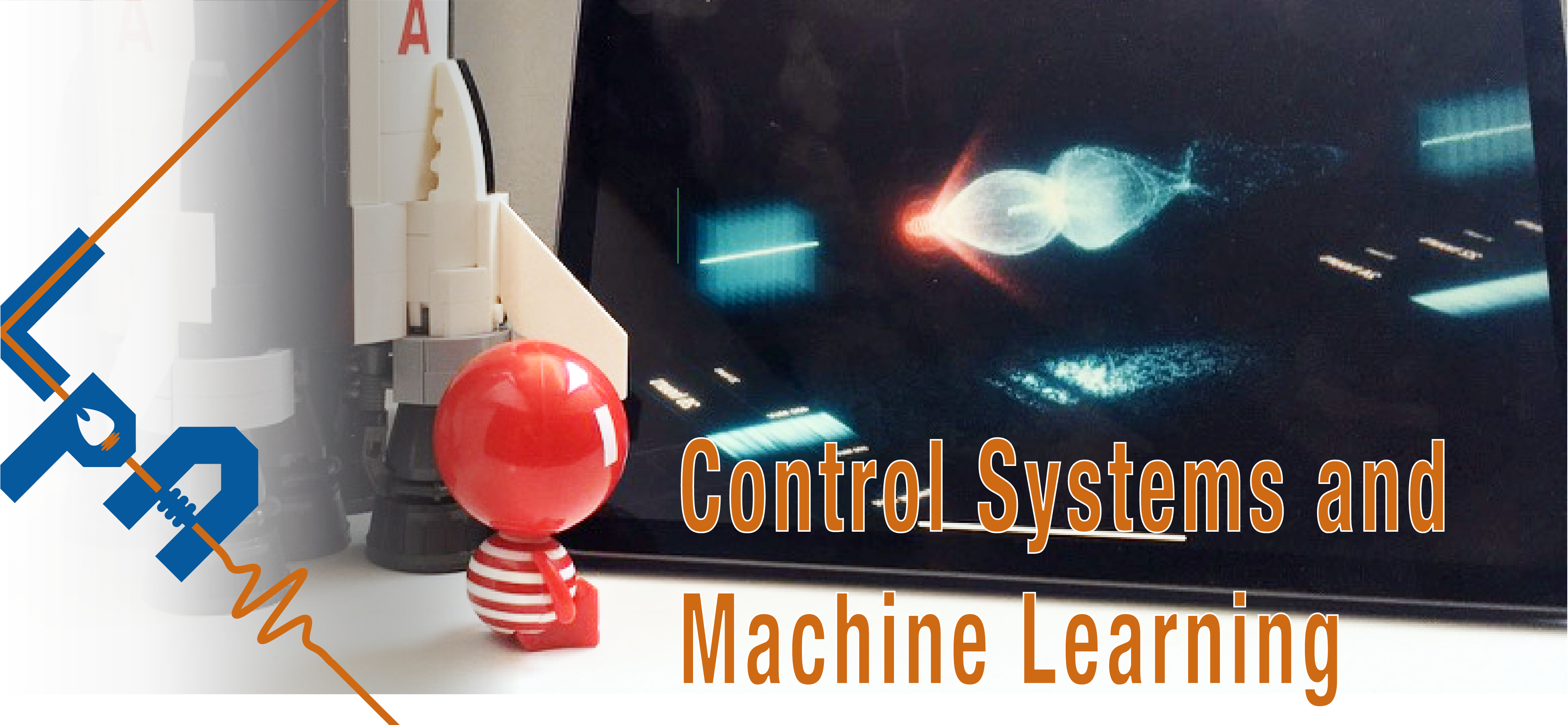Sprecher
Beschreibung
Radiation reaction, the recoil of a charge upon emitting radiation, is the subject of ongoing theoretical and experimental research, particularly in highly intense electromagnetic fields in which quantum effects become significant. In such environments, a QED treatment of radiation reaction is required. Various suitable theories have been proposed but have yet to be validated experimentally.
This work considers experiments in which electrons are accelerated to relativistic energies using a laser wakefield accelerator, before colliding with a tightly focused, counter-propagating laser pulse. This allows electric fields strengths up to some fraction of the critical field (Schwinger limit) to be accessed. In these experiments, the electron beam may be chirped and have a bunch length comparable to the Raleigh range of the colliding laser. We show that these properties may affect the radiative losses experienced by the electron beam but are extremely difficult to measure in practice.
We have developed a Bayesian inference method which can retrieve the parameters that govern the collision between an electron bunch and laser pulse, including the electron phase space distribution, for different models of radiation reaction. The errors on the inferred parameters and on the predictions made by each model follow naturally from the Bayesian framework we have utilized. We demonstrate the strong effect of the inferred parameters on our ability to ascertain whether experimental data supports a given model and provide a quantitative comparison of different models of radiation reaction.

